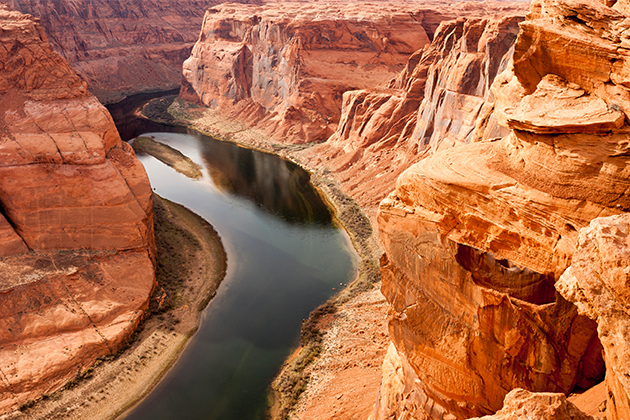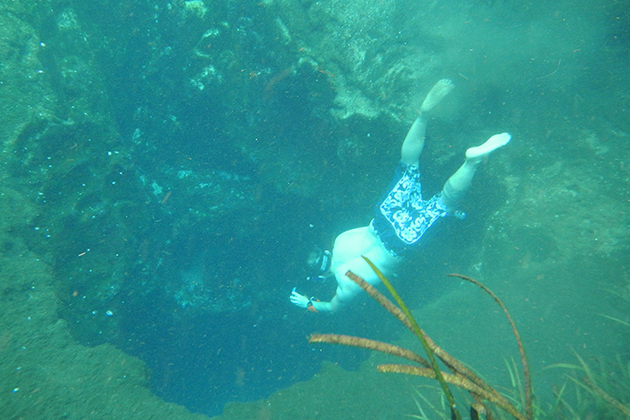Applying What You Learn

In his message to the students in the College of Arts & Sciences, Dean Boocker explains the importance of "making knowledge matter." We believe that means helping you develop useful, real-world skills alongside the sense of fulfillment and enrichment that a major in Geology can provide.
We also believe in making you aware of the knowledge and skills you're developing along the way, so that you can capitalize on your strengths in the marketplace, graduate school and in life.
Knowledge & Skills Gained as a Geology Major
Knowledge Gained
- Identify earth materials, analyze forces that act within the earth to produce major features of the earth’s crust
- Understand of processes that sculpt surface features
- Identify and recognize resources that are vital to modern societies and apply this knowledge to solve industrial and societal problems
Skills Gained
- Observation, data collection, analysis and interpretation
- Ability to prepare, process and present data
- Present and interpret information in a range of different mediums, e.g. textual, numerical, oral, graphical
- Written and verbal communication skills
- Report writing skills
- Problem-solving skills and lateral thinking
- The ability to recognize patterns and understand complex systems
Knowledge and skills are acquired throughout the curriculum. This Microsoft Excel file shows a matrix of knowledge and skills deemed important by undergraduate and graduate programs in the Geosciences and by employers of geoscientists and where in the curriculum these skills and knowledge are learned (caution, this is a really big spreadsheet!). A summary of how these skills and knowledge were deemed to be critical for geoscience students, please see http://www.jsg.utexas.edu/events/files/Summit_results_EER-1.pdf.
